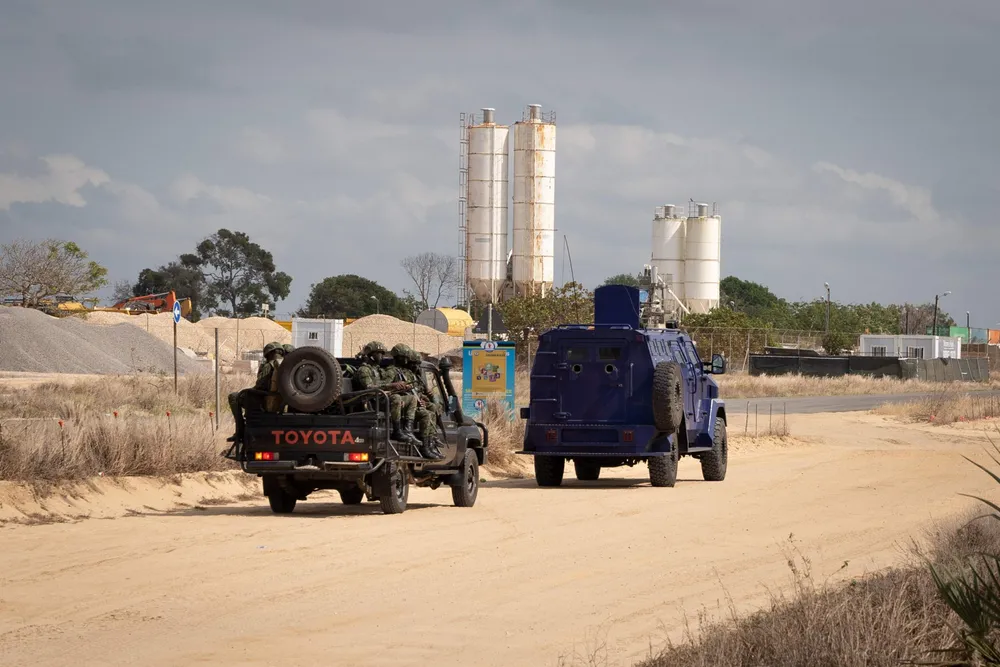After attacks, ExxonMobil eyes revamp of stalled LNG megaproject in Mozambique
Alternative construction method would reduce worker numbers in insurgency-hit Cabo Delgado, as well as accelerating schedule and boosting capacity

Alternative construction method would reduce worker numbers in insurgency-hit Cabo Delgado, as well as accelerating schedule and boosting capacity
